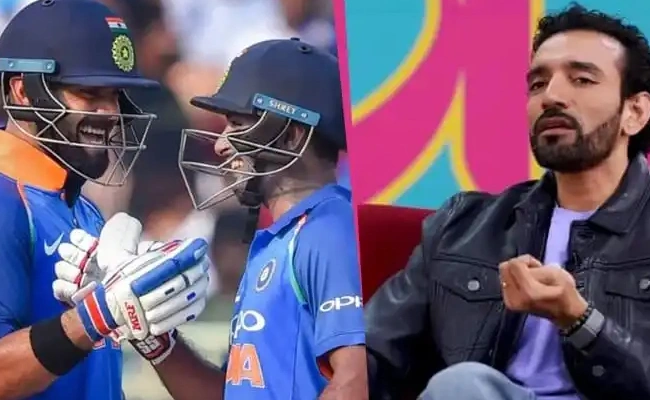Politics in sports is not uncommon. From grassroots levels to the national stage, influence often determines opportunities. This issue is particularly evident in Indian sports, where political interference has been blamed for the country’s underperformance in global events like the Olympics, despite a population exceeding 1.4 billion.
In a recent controversy, former cricketer Robin Uthappa has alleged that Ambati Rayudu's cricketing career was ruined due to internal politics within Team India. According to Uthappa, during the 2019 World Cup, Rayudu was deliberately denied a spot in the squad, and he blamed former Indian captain Virat Kohli for sidelining the talented batsman.
At the time, MSK Prasad was the chief selector, and Kohli served as the team's captain. Rayudu had earlier accused MSK Prasad of being responsible for his exclusion. Prasad, however, defended himself, stating that team selection was a collaborative decision involving the captain.
Uthappa's claims have now reignited the debate, with the former cricketer accusing Kohli of blocking opportunities for players he didn’t favor. “Ambati Rayudu’s case is a prime example. Such politics should have no place in sports,” Uthappa remarked.
The controversy has sparked widespread discussions about favoritism and fairness in team selection, raising questions about the transparency of the process and the impact of personal biases on players’ careers.

